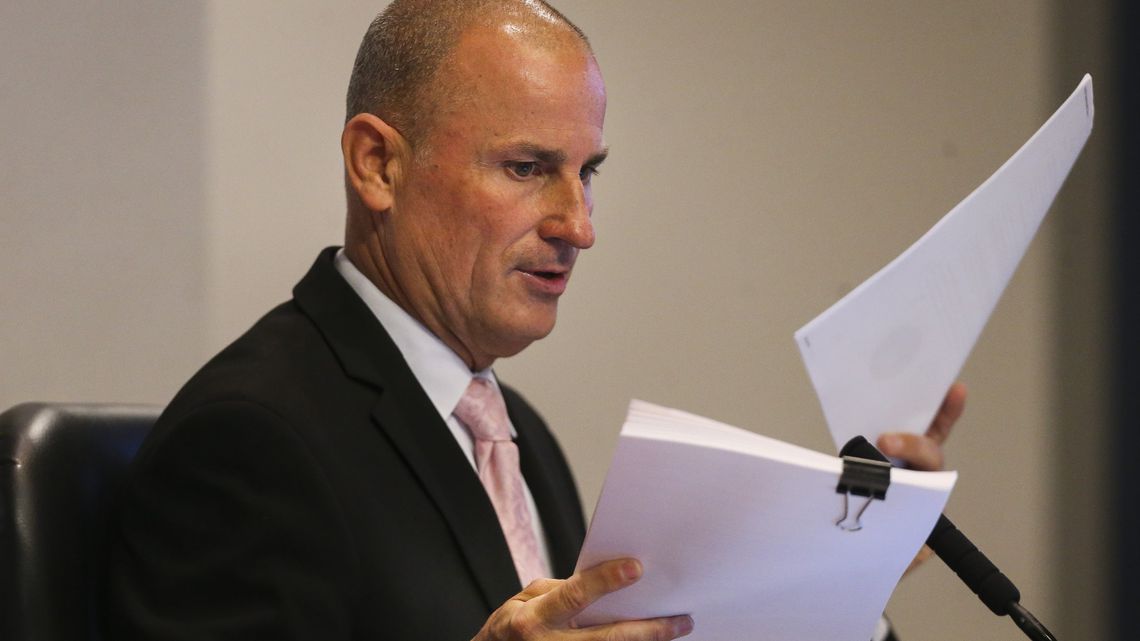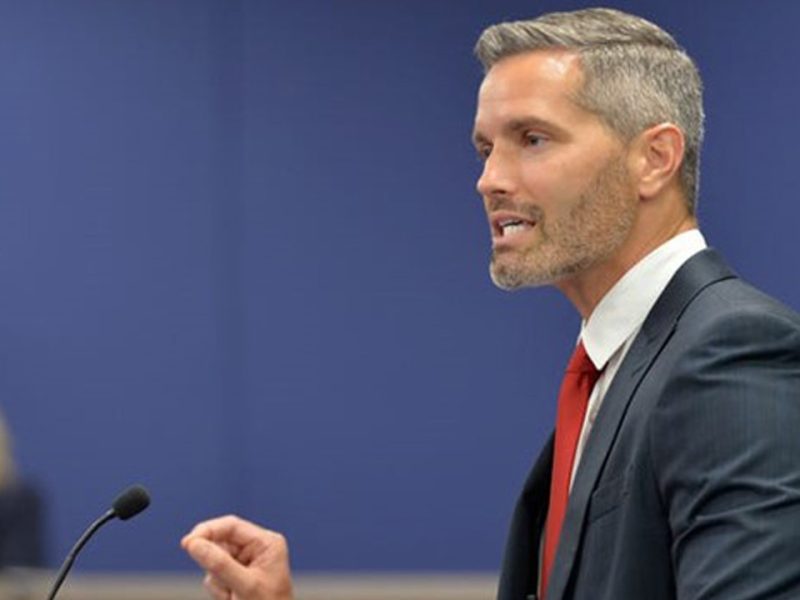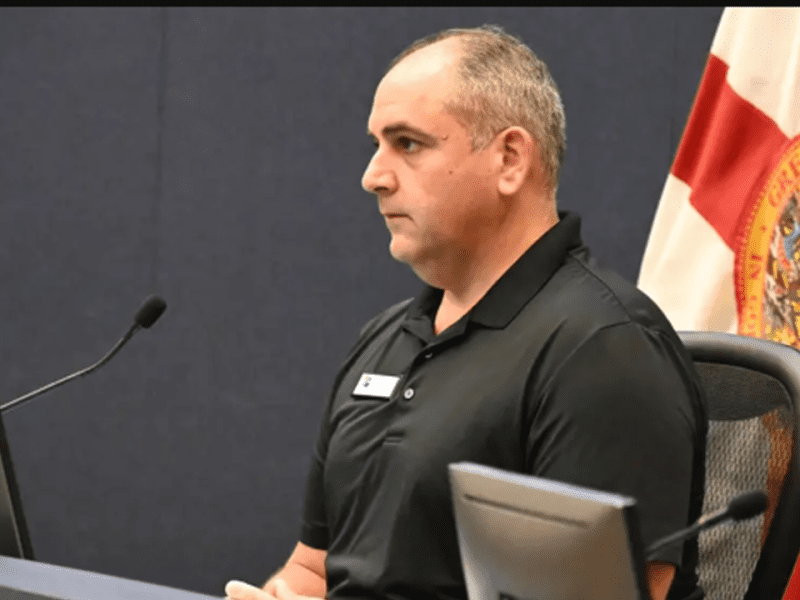
Hillsborough superintendent Addison Davis rebounds after a rocky year
In performance evaluations, School Board members say he learned from mistakes.
Tampa Bay Times | By Marlene Sokol | Updated September 9, 2021
Superintendent Addison Davis took control of a financially strapped school district on the first day of a statewide shutdown over the coronavirus. Months later, he was still so new to Hillsborough County that he mispronounced the name of one of its oldest communities — Lutz.
He stumbled at times. Principals were so angry that some School Board members wondered if they should replace him.
But Davis turned things around, members wrote in a newly released round of evaluations they plan to discuss at their regular meeting Thursday. He formed committees to meet with the principals. He stepped up his communication with key constituent groups. Even his most outspoken critics on the board say they can work with him.
Only one, Karen Perez, rated him harshly across the board.
Davis “cares more about his next job than his current job,” Perez wrote, giving him 12 points, the lowest score of any board member.

Davis, 45, was hired in March of 2020 after leading the much smaller school district in Clay County. He earns $310,000 a year and has a contract through the end of 2023. The evaluations exist for feedback, and Davis said Wednesday that he is grateful for the board members’ input.
The evaluation form consists of 12 questions, with ratings from 0, for “requires action” to 3, for “exemplary.” The majority of board members gave Davis a total of 22 or 23 points.
Davis gave himself 27 points, with the lowest score in the category of “cultivating relationships with the School Board.”
Earlier in the year, some members were so disappointed in Davis’ management style that they took steps to put him on a performance plan. Board member Jessica Vaughn wondered on social media if there were enough votes to dismiss him.
As those discussions were happening, state education commissioner Richard Corcoran demanded that Hillsborough craft a fiscal recovery plan and threatened a financial takeover if the district did not commit to shoring up its dwindling reserves.
Then there was a clash with the state over charter school contracts. COVID-19 worsened, which meant that for the second year in a row, the district faced tough questions about how it could reopen schools safely. Talk of Davis’ career subsided.
Davis, meanwhile, worked to improve collaboration with principals, the board, community leaders and longtime Hillsborough educators.
The evaluations show most members appreciate that work, and the immense pressure Davis has faced. They commend him on his energy and commitment.
At the same time, concerns remain.
Some suggest that he relies too much on computer-based learning systems such as I-Ready and Achieve 3000, and not enough on ensuring a robust teaching staff.
Davis insisted Wednesday that schools need both.
“Nothing replaces the power of a high-quality teacher in front of children,” he said. But to address learning gaps, “you’ve got to have supplemental materials, where kids can learn on an individual basis and on an independent basis.”
Davis took to heart an observation by board member Melissa Snively, that he sometimes acts like an elected superintendent — which he was in Clay County — and not an appointed one. He acknowledged that he spent a great deal of time in his first year visiting schools and fronting key initiatives, when he needed to delegate much of that work in such a large school system.
Vaughn, the member who has criticized Davis most openly since she joined the board in November, said she still has concerns. She would like to see support employees, now in short supply, earn a living wage. She would like to see the district push back against state directives about how to teach racial issues, as those directives conflict with Hillsborough’s racial equity policy and goals.
Board member Nadia Combs, who gave Davis one of the highest ratings despite past differences with him, said she wants Davis to be “more vocal to the state and Legislature regarding the dismal funding for public education.”

The most favorable report came from Henry “Shake” Washington, who represents the mostly minority District 5 and rated Davis one point higher than the superintendent rated himself. “As a result of his tenacious leadership, despite adverse circumstances, the academic performance of schools in our county has made remarkable improvements,” Washington wrote in his brief statement.
Davis provided the board with a thick binder of information to back up his self-evaluation, and made a 94-page summary available as well. In it, he shared details about teacher training, curriculum development, phonics instruction and other initiatives his team implemented to bring more consistency to the work in Hillsborough’s classrooms.
He said that, given all the turbulence of the last 18 months, a time that included staffing cuts to balance the budget, it should not be surprising that there was friction with the board.
“I was not prepared for the pandemic,” he said. “I was not prepared for a transition in (School Board) members, let’s be honest. Or to be able to address a major financial deficit while trying to move instruction during a pandemic. I wasn’t prepared for those things.
“So as all those things come together, it creates angst. As superintendent, although these were the cards I was dealt, a lot of pressure was put on the board to hold someone accountable for that process.”
Davis said he has also come to view this time as one not just of COVID-19, but also of fierce political and racial divisions that heightened tensions all around.
“I’m not alone because every superintendent in the state and the nation, we’re in the cross hairs,” he said.
As painful as the discussions were in the spring about Davis’ future, he said, “that time really brought me and the board closer.”





